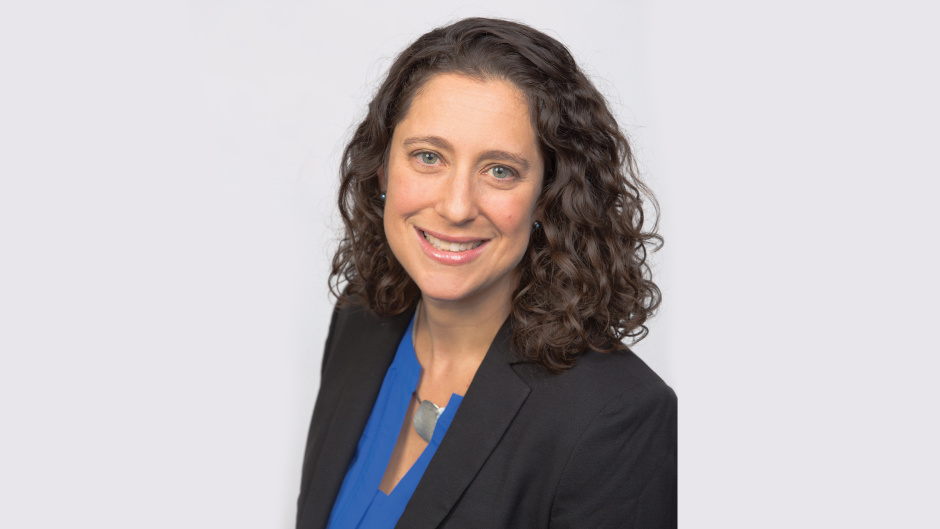Miami Law’s Caroline Bettinger-López joins Felicia Marie Knaul, director of the Institute for Advanced Study of the Americas, on a new Lancet commission that will examine gender-based violence and maltreatment of young people.
Bettinger-López, professor of law and director of the Human Rights Clinic at the University of Miami School of Law, who previously served as the White House Advisor on Violence Against Women and senior advisor to Vice President Joe Biden, will serve on the commission, leading the work on legal frameworks for action.
“Legal systems have a critically important role to play in addressing gender-based violence and child maltreatment, but legal advocacy must not happen in a vacuum,” said Bettinger-López. “This Lancet commission is especially innovative because of its interdisciplinary reach across various fields, including law, medicine, public health, economics, and education. I am optimistic that our commission will make a real impact on research and funding priorities at the global level.”
Knaul will lead the commission that will take a deep dive into the troubling topics of gender-based violence and maltreatment of young people, two areas with a dearth of study and understanding. The Lancet, one of the world’s leading medical journals, tackles urgent topics to initiate debate, offer insight and explanation, and influence decision-makers across the globe to improve health.
“While we have a spectrum of opportunities and interventions at our disposal to counter gender-based violence and maltreatment, the pandemic has just not abated because we have not made it a priority,” said Knaul. “It’s a public health priority, an equity imperative, and an economic sinkhole. We can and must address this travesty.”
Announced this month in The Lancet, the new commission will be co-chaired by Flavia Bustreo, chair of the governance and nomination committee at The Partnership of Maternal, Newborn, and Child Health.
The Lancet Commission on Gender-based Violence and Maltreatment of Young People will bring together leaders and experts from the areas of law, medicine, economics, health systems, artificial intelligence, children’s rights, and public policy.
The impacts of gender-based violence and maltreatment cut a wide swath across many aspects of society and government. “They increase demands on overstretched health systems and perpetuate poverty and gender inequality by constraining educational attainment and economic productivity of the survivor and their family,” Knaul, Bustreo, and Richard Horton, Lancet editor-in-chief, wrote in announcing the new commission.
Examining the issues over the next several years, the commission aims to “generate new tools and data to enable policymakers and advocates to catalyze and scale up effective policies, interventions, and programs in health, education, income-generation, and gender equality,” the co-chairs said. “The work of the commission will cover all world regions, span the gamut of prevention to survivorship, take an all-of-society approach, and be gender-identity inclusive.”
An intriguing aspect of the commission is that it will utilize “youth commissioners” to “integrate the voices of young people that have been so prominent around the climate crisis, yet remain to be articulated for global health.”

